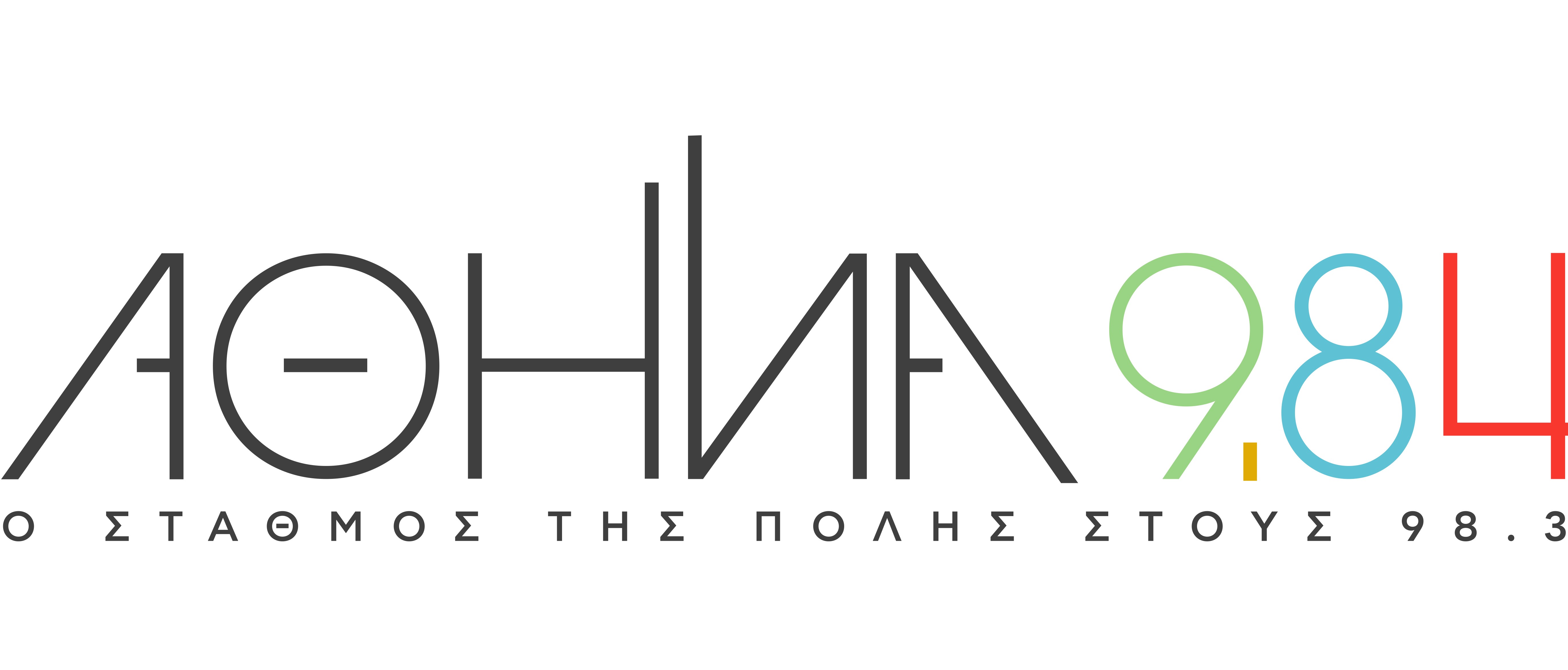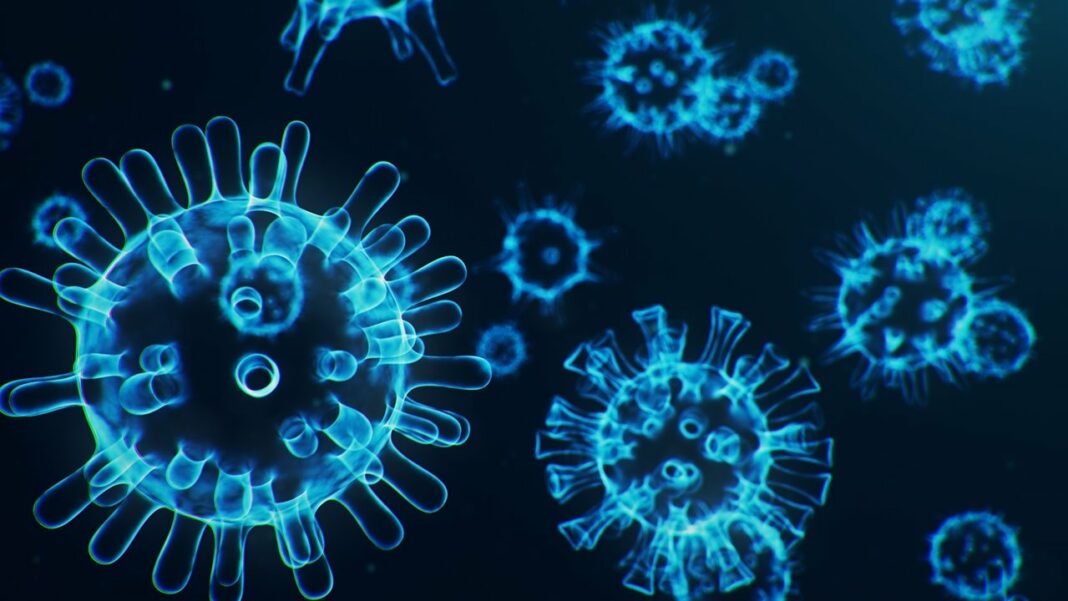Το χρονικό σημείο κατά το οποίο εισήλθε στη Βόρεια Ελλάδα η βρετανική μετάλλαξη του SARS-CoV-2, αναζητούν οι ερευνητές στο Εργαστήριο Μικροβιολογίας του ΑΠΘ και Εθνικό Εργαστήριο αναφοράς για τον κορονοϊό, έχοντας επιβεβαιώσει τα πρώτα θετικά κρούσματα, στο νέο πολύ πιο μεταδοτικό στέλεχος.
«Εξετάσαμε κάποια δείγματα και βρέθηκαν μεταλλαγμένα. Ενημερώσαμε τον ΕΟΔΥ πως πρόκειται για τη βρετανική μετάλλαξη του στελέχους που έχει φέρει την αύξηση των μολύνσεων στην Κεντρική Ευρώπη», δήλωσε στο ΑΠΕ-ΜΠΕ η διευθύντρια του Α’ Εργαστηρίου Μικροβιολογίας του ΑΠΘ και μέλος της Επιτροπής Εμπειρογνωμόνων του υπουργείου Υγείας, καθηγήτρια Άννα Παπά Κονιδάρη.
Επισήμανε δε πως στο εξής «αυτό που έχει μεγαλύτερη σημασία δεν είναι ο απόλυτος αριθμός των δειγμάτων που θα βρίσκουμε θετικά στη μετάλλαξη, αλλά η χαρτογράφησή τους», διότι «εφόσον πρόκειται για πολύ πιο μεταδοτικό στέλεχος και έχει εισέλθει στη χώρα, είναι πολύ πιθανόν και να επικρατήσει, σε κάποιο σημείο τα πιο πολλά θετικά δείγματα θα είναι του μεταλλαγμένου στελέχους».
Η καθηγήτρια του ΑΠΘ διευκρίνισε πως αυτή τη στιγμή εκτιμάται ότι το νέο στέλεχος εισήλθε στην Ελλάδα περί τα τέλη Δεκεμβρίου, όμως θα υπάρξει συντονισμένη έρευνα των εθνικών εργαστηρίων, ώστε να υπάρξει ακριβής χαρτογράφηση. «Έχουμε κοινό στόχο να δούμε πότε εισήχθη στην Ελλάδα», τόνισε.
Τα δείγματα που το εργαστήριο του ΑΠΘ επιβεβαίωσε θετικά στο νέο στέλεχος, έχουν κωδικό με βάση τον οποίο ο ΕΟΔΥ θα κάνει την ιχνηλάτηση για να διαπιστώσει αν σχετίζονται με ταξίδι στη Μ. Βρετανία. Κάθε Πέμπτη από τον ΕΟΔΥ θα υπάρχει μία συνολική αναφορά για τα δείγματα που εντοπίστηκαν μεταλλαγμένα.
Σε ό,τι αφορά τις μεταλλάξεις του SARS-CoV-2, που έχουν επικρατήσει ως στελέχη της Νοτίου Αφρικής και της Βραζιλίας η κ. Παπά – Κονιδάρη ανέφερε πως «δεν τις έχουμε εντοπίσει μέχρι στιγμής στα δείγματα που έχουμε εξετάσει»
«Αναζήτηση απαντήσεων για την επιδημιολογική έκρηξη του φθινοπώρου στη Θεσσαλονίκη»
Το Εργαστήριο Μικροβιολογίας του ΑΠΘ ξεκίνησε ήδη να επανεξετάζει δείγματα της περιόδου της μεγάλης επιδημιολογικής έξαρσης στη Θεσσαλονίκη, ώστε να διαπιστωθεί αν το βρετανικό στέλεχος σχετίζεται με το ότι η πόλη αποτέλεσε το επίκεντρο τη πανδημίας κατά το δεύτερο κύμα της στη χώρα.
«Μέχρι τώρα στα δείγματα του Νοεμβρίου που έχουμε εξετάσει δεν έχουμε εντοπίσει το βρετανικό στέλεχος του ιού», διευκρίνισε η κ. Παπά – Κονιδάρη, προσθέτοντας ότι θα επανεξεταστούν τα δείγματα των προηγούμενων μηνών, μέχρι να εντοπιστεί πότε εισήχθη το βρετανικό στέλεχος στη Βόρεια Ελλάδα.
Από τη στιγμή που κάποιο δείγμα θα επιβεβαιωθεί θετικό στον SARS-CoV-2 απαιτείται ένα 24ωρο για να διαπιστωθεί και αν πρόκειται για το μεταλλαγμένο στέλεχος του.
«Τα μέτρα προστασίας και η θνητότητα»
Σε ό,τι αφορά τα μέτρα πρόληψης διασποράς του νέου στελέχους η καθηγήτρια του ΑΠΘ επισήμανε πως «εφόσον είναι πολύ πιο μεταδοτικό, είναι πολύ πιο έντονη και η ανάγκη να τηρούμε πιο αυστηρά και εντατικά τα μέτρα προφύλαξης, που όλοι γνωρίζουμε».
Ερωτηθείσα σχετικά με τη βαρύτητα της νόσησης από το βρετανικό στέλεχος του ιού η καθηγήτρια του ΑΠΘ απάντησε πως «χρειάζονται μελέτες για την παθογονικότητα, που γίνονται αυτή τη στιγμή, γιατί για παράδειγμα ο μεγαλύτερος αριθμός θανάτων στη Μεγάλη Βρετανία δεν αποκλείεται να σχετίζεται με τον μεγαλύτερο αριθμό κρουσμάτων».
Πηγή: ΑΠΕ-ΜΠΕ









